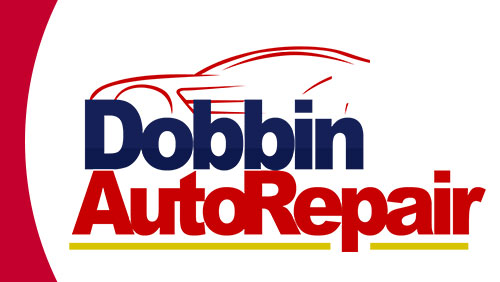FAQ’s
Here are some of the most frequently asked questions that we receive along with their answers:
Q: I’ve heard different things about how often to change my oil. What’s the best guide?
A: A good rule of thumb is every 3,000 miles for an oil change. However, follow your vehicle manufacturer’s recommendations. They will specify the frequency for an oil change for your driving conditions. The timing of your oil change should follow those recommendations.
Q: I’ve got an older car, how important is it to change oil frequently?
A: An oil change puts fresh oil into your car. More importantly, an oil change takes out the old oil that can become filled with dust, metallic shavings or other contaminants. As your oil ages, outside items make their way in. Without an oil change, this can lower your gas mileage or in the worse case, cause your engine to fail. An oil change is a great preventive step to keep you car running clean and smooth. Make sure to change your oil filter as well. It helps to remove impurities from the oil and the engine.
Q: Why do my brakes squeak?
A: Brakes can squeak for a variety of reasons, but continuous squeals and grinding sounds may mean it’s time for new brake pads or shoes. Worn brakes can mean longer stopping distances and difficulty stopping in an emergency situation. Rotors and drums that are too thin may even become over-stressed and break.
Remember, if you notice any of these symptoms it’s a good idea to have your brakes checked. In fact, we recommend that you have them inspected once a year. It’s essential to be proactive about testing overall brake components to know whether a brake component needs simply to be serviced or totally replaced. Regular brake service and, when needed, simple brake repairs can mean a safer ride.
Q: My brake pedal feels really soft and spongy. Is this normal?
A: Definitely not. A low or spongy pedal can mean there’s air in your car’s brake hydraulic system. If that hydraulic pressure is too low, then your car’s brake pads or shoes won’t be able to apply enough force and friction to slow and/or stop your car safely. Again, an inspection of your car’s brake system is strongly advised.
Q: My car is older, so it seems to make more noise. How do I know when mufflers go bad?
A: Your car’s exhaust system is pretty complex. Excess noise could be from cracks or holes in manifolds or gaskets. Or on your muffler itself, excessive rust on a muffler, or holes in a muffler can cause a louder ride. Bad mufflers may also lead to increased pollution and even a rough idle. If you’re not sure, stop by Dobbin Auto Repair to get it checked out.
